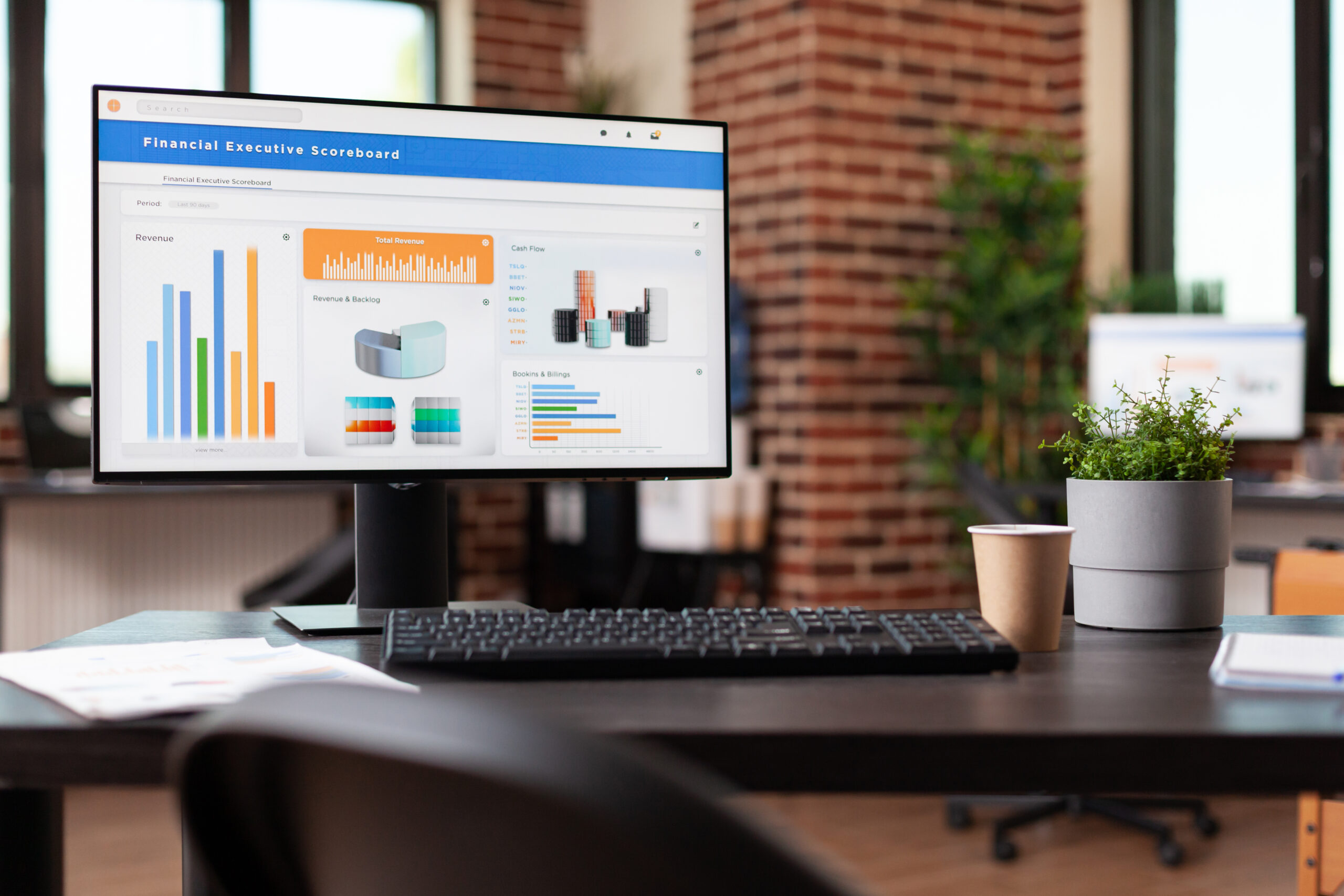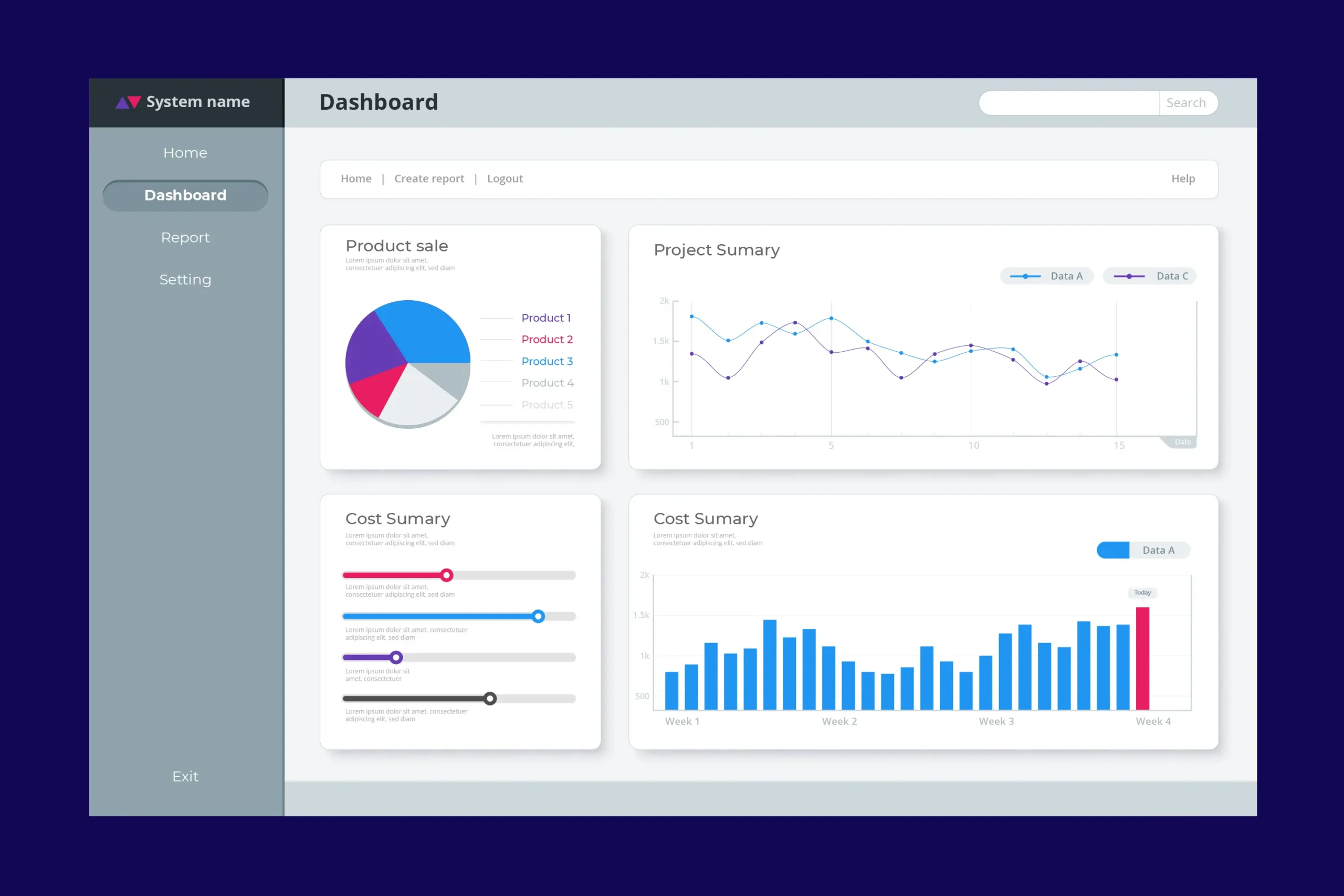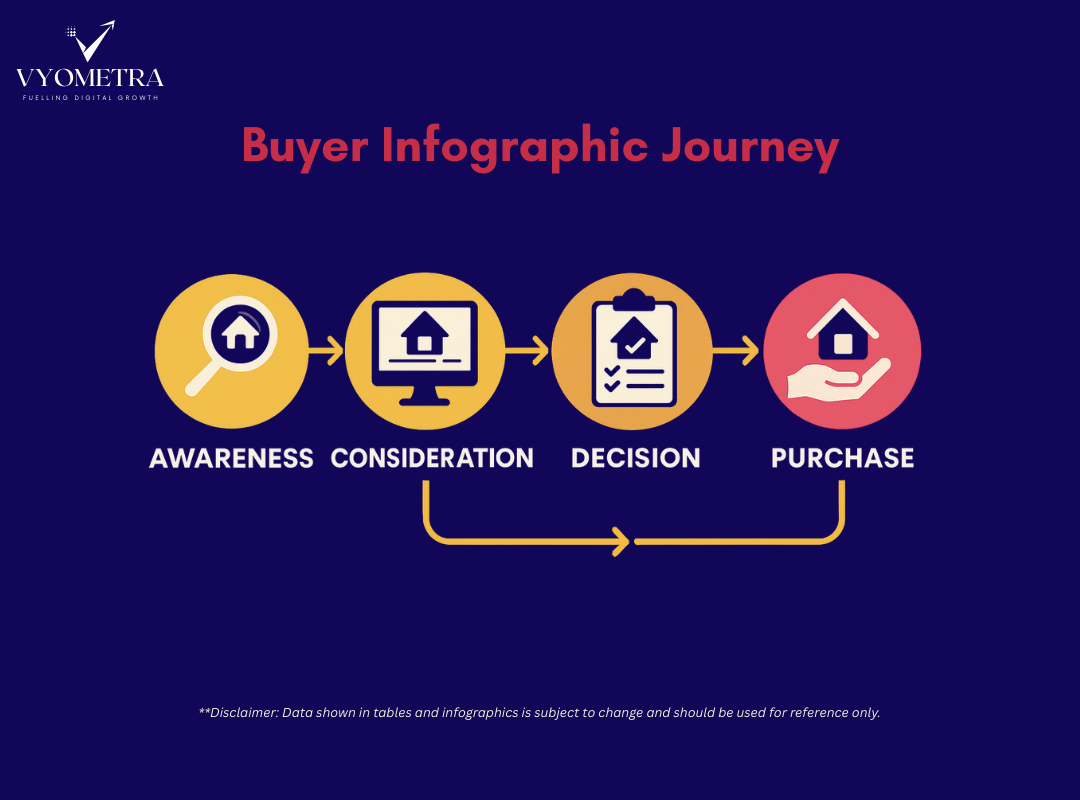Optimizing your site for local and regional search is more critical than ever. Whether you run a neighborhood café or a nationwide franchise, GEO SEO tools help you understand how your pages perform in specific locations, uncover regional keyword trends, and monitor local competitor rankings. In this guide, we’ll explore 10 must‑use, 100% free geographic SEO tools you can start using today to elevate your local search performance in 2025.
1. Google Search Console’s Performance by Country
Why It Matters
Google Search Console (GSC) is free for all site owners. Its “Performance” report lets you filter clicks, impressions, and average positions by country—giving you direct insight into how pages rank regionally.
How to Use It
- Sign in to GSC and navigate to Performance → Search results.
- Click + New → Country and select your target region.
- Analyze top‑performing queries and pages for that country.
- Export data for deeper analysis or reporting.
2. Google Analytics Geolocation Reports
Why It Matters
Google Analytics (GA) tracks where your site visitors come from, down to city and metro levels—essential for measuring true local engagement.
How to Use It
- Go to Audience → Geo → Location in GA4.
- Drill down from continent → country → region → city.
- Compare metrics (bounce rate, session duration) between regions.
- Use segments to isolate traffic from priority locales.
3. Google Trends Location Filters
Why It Matters
Trends shows you search interest over time by region—ideal for spotting rising keywords in your target market before competitors.
How to Use It
- Visit trends.google.com and enter your seed keyword.
- Under “Interest by region,” select your country or drill into subregions.
- Explore related queries and rising terms within that region.
- Export charts or images for content strategy meetings.
4. Ubersuggest’s Location Based Keyword Data
Why It Matters
Ubersuggest’s free tier lets you get local search volume and cost‑per‑click estimates for specific countries—handy for both SEO and PPC planning
How to Use It
- Go to neilpatel.com/ubersuggest and enter a keyword.
- In the dropdown, choose your target country.
- Review volume, difficulty, and CPC metrics.
- Use its “Keyword Ideas” tab to expand regional long‑tail terms.
5. AnswerThePublic (Free Geo Focused Queries)
Why It Matters
AnswerThePublic visualizes questions people ask around a keyword. Although global by default, you can append “+ [city]” or “[country] keyword” to get region‑specific question data.
How to Use It
- Go to answerthepublic.com and enter a phrase like “best restaurants Chicago.”
- Download the CSV of questions and prepositions.
- Filter for location‑specific phrases (e.g., “near me,” city names).
- Use these insights to shape local FAQ pages or blog posts.
6. GeoRanker’s Free Local Rank Checker
Why It Matters
GeoRanker offers a limited free plan to check your keyword rankings in specific cities—key for monitoring local SEO progress.
How to Use It
- Sign up (free version) at georanker.com.
- Add your domain and desired keywords.
- Specify the city or postal code.
- Run the rank check and view results on a map or table.
7. BrightLocal’s Free Local Citation Checker
Why It Matters
Citations (mentions of your NAP—Name, Address, Phone) matter for GEO SEO. BrightLocal’s free citation scan shows your presence on top directories.
How to Use It
- Visit brightlocal.com/tools/citation-checker.
- Enter your business name and location.
- Review found and missing citations.
- Use the report to prioritize directory submissions.
8. SEMrush Sensor (Freemium – Limited GEO)
Why It Matters
SEMrush Sensor tracks SERP volatility by country—alerting you to algorithm updates or competitive shifts in specific regions.
How to Use It
- Go to semrush.com/sensor.
- Select your country from the dropdown.
- Note the daily volatility score (0–10).
- Monitor spikes to correlate with rank changes on your local pages.
9. Moz’s Free Local Listing Score
Why It Matters
Moz Local offers a free “Listing Score” to assess NAP consistency across major platforms—vital for local ranking factors.
How to Use It
- Visit moz.com/products/local/listing-score.
- Enter your business name and website.
- Receive a report on listing accuracy and completeness.
- Address critical issues like missing categories or inconsistent addresses.
10. Google My Business Insights
Why It Matters
GMB (now Google Business Profile) is pivotal for local SEO. Its free Insights tab shows how customers find you in Maps vs Search, plus regional photo views.
How to Use It
- Sign in to business.google.com.
- Select your profile and click Insights.
- Review searches (direct vs discovery) and customer actions by region.
- Use photo and post metrics to optimize visual content for local appeal.
Putting It All Together: A 30 Day GEO SEO Checklist
Week Task
|
1 |
Set up GSC & GA filters by country; run BrightLocal citation check |
|
2 |
Explore Google Trends & Ubersuggest for regional keyword ideas |
|
3 |
Audit local SERPs with GeoRanker; identify top performing pages |
|
4 |
Optimize on‑page elements; publish local‑focused FAQs via AnswerThePublic + blog posts |
Conclusion
Local search is a competitive advantage—especially for small businesses and startups aiming to capture nearby customers. These 10 free GEO SEO tools empower you to understand regional trends, monitor local rankings, and optimize your online presence without breaking the bank. Integrate them into your next 30‑day plan and watch your local visibility soar.
FAQs
GEO SEO tools help you analyze and optimize your website’s performance in specific geographic regions—vital for local search success.
Yes. Most let you run separate reports per city, region, or country—just adjust the location filter in each tool.
All tools listed offer free versions or free features; some have paid tiers if you need more advanced data.
Monthly checks are a good starting point; increase to weekly if you run frequent local campaigns or updates.
No. They complement broader SEO platforms by providing location‑specific insights, which general tools may not cover in detail.
Yes. Tools like GeoRanker and BrightLocal allow limited competitor analysis in their free plans—ideal for quick snapshots.






